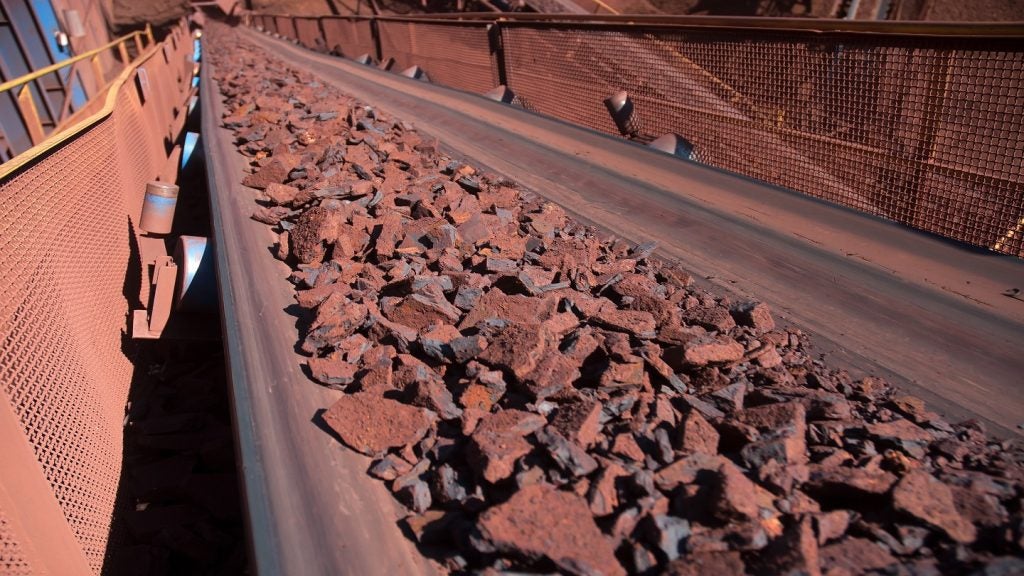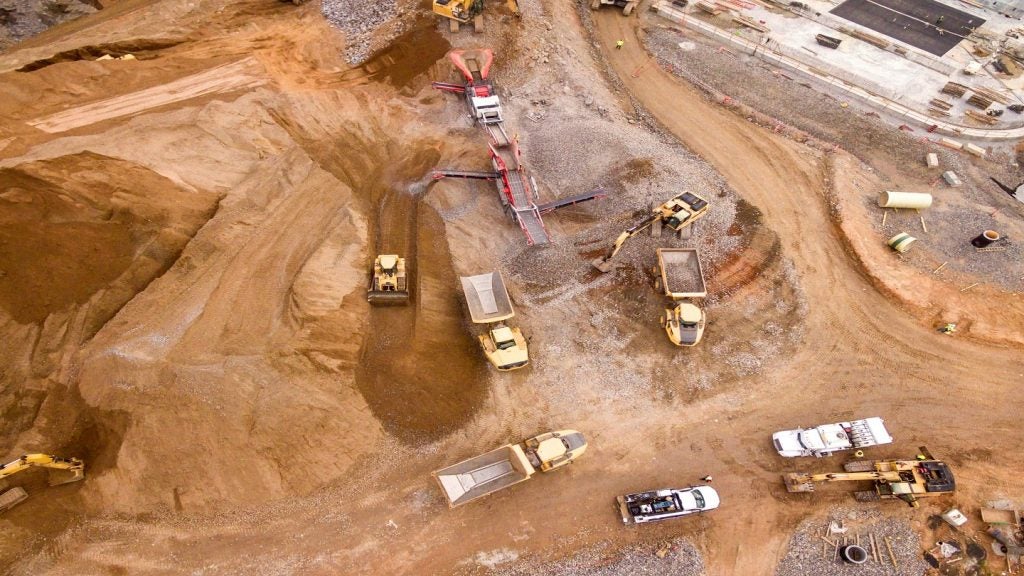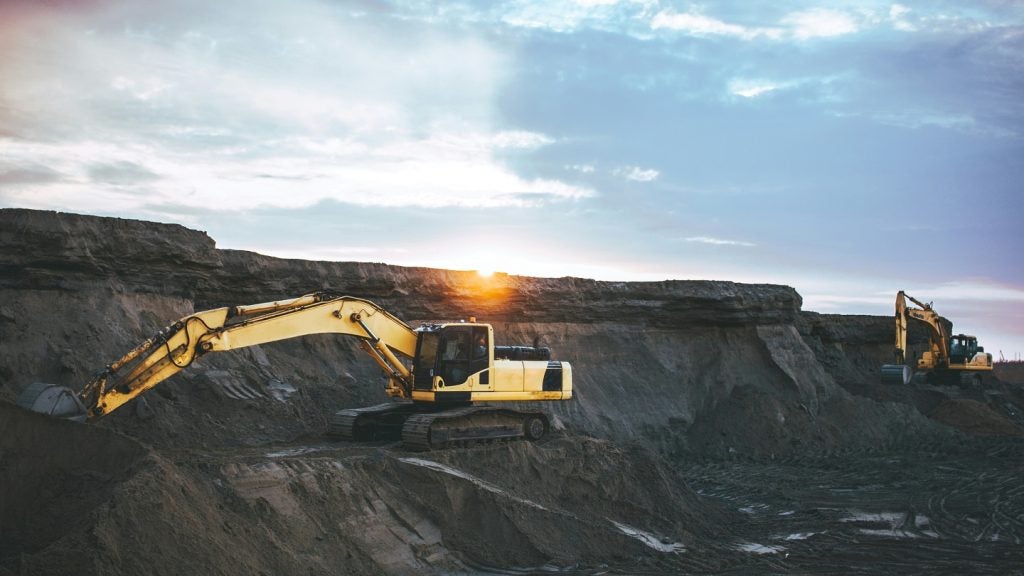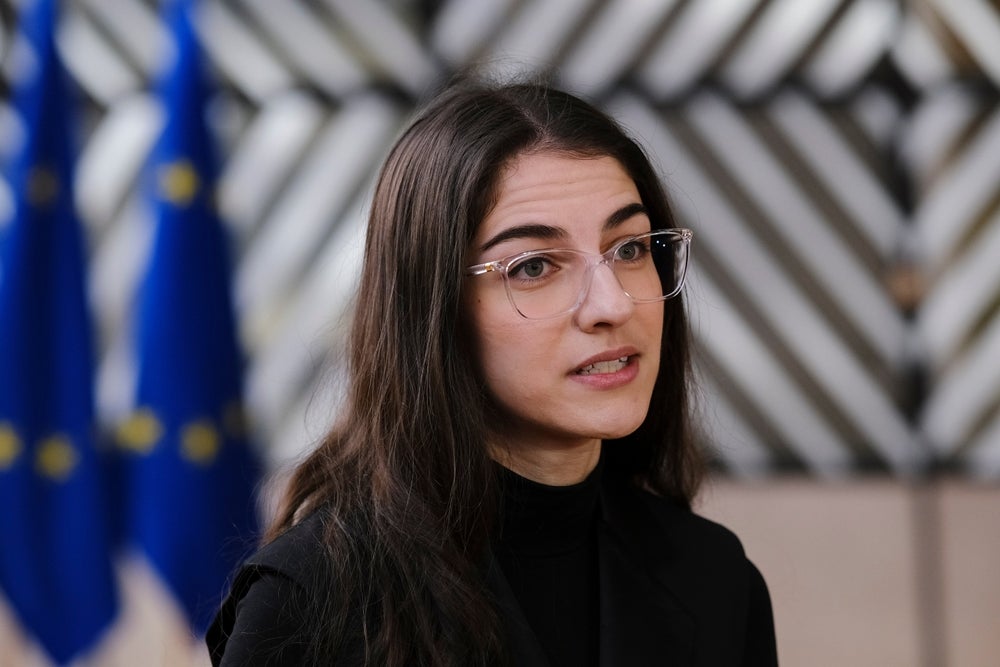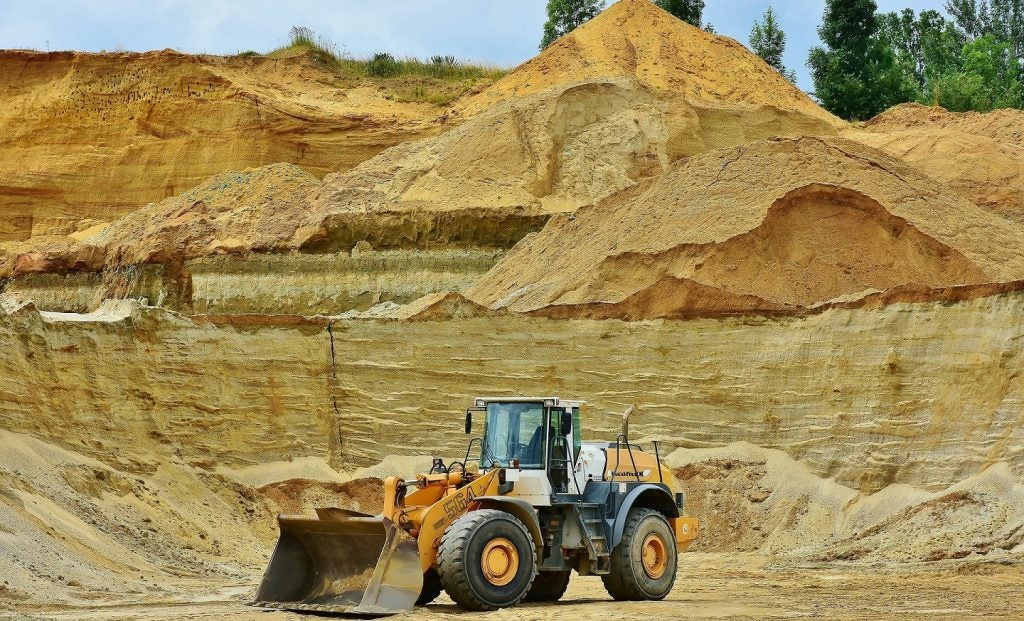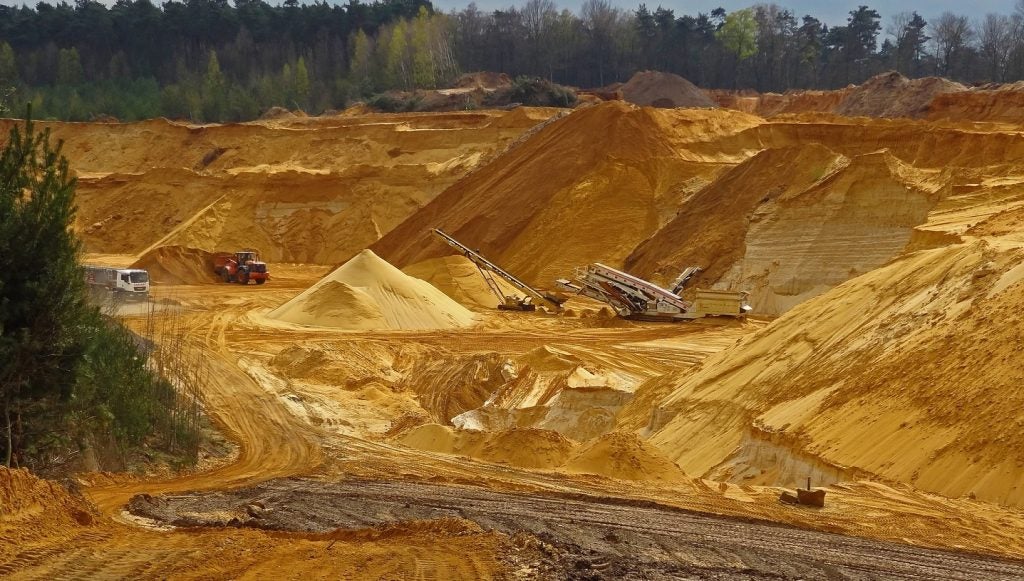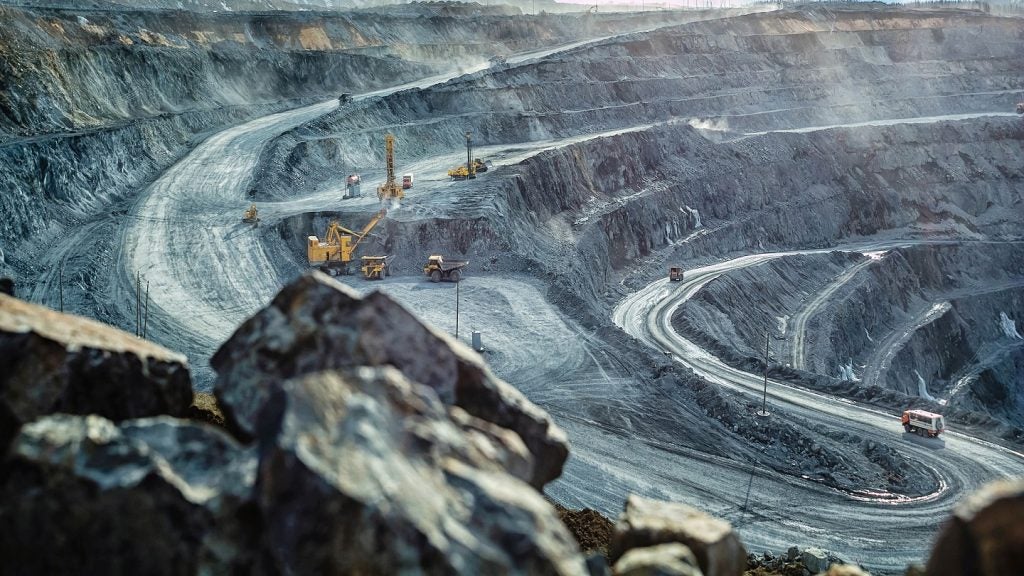Rio Tinto's IOC has secured C$18.1m ($13.3m) from the Canadian Government to advance the decarbonisation of iron ore processing at its Labrador West operations.
The investment, allocated from the Low Carbon Economy Fund, is set to reduce IOC's reliance on heavy fuel oil during the production of iron ore pellets and concentrate.
It will facilitate the installation of an electric boiler, replacing the heavy fuel oil boilers currently in use. This change is expected to significantly lower emissions.
Additionally, IOC will introduce new instrumentation and fuel-efficient burners to further cut down on heavy fuel oil usage in induration machines.
Installation of the new equipment is scheduled to commence in the second quarter of 2024, with completion anticipated in the first half of 2025.
This project is not only a step towards environmental sustainability but will also generate more than 100 jobs during its construction and implementation phases in Labrador West.
Labrador Member of Parliament Yvonne Jones said: “By working with organisations across Canada, such as IOC, we can help the community save money on monthly operating costs and grow the economy, all while fighting climate change.
“Through the Low Carbon Economy Fund, the Government of Canada is partnering with climate leaders nationwide to cut emissions. I applaud the leadership shown by IOC for helping to keep our air clean and build resilient communities in Newfoundland and Labrador.”
The Canadian Government's contribution accounts for around 25% of the project's total cost, with IOC providing the remaining investment.
This initiative is projected to result in a cumulative reduction of nearly 2.2 million tonnes of greenhouse gas emissions over the project's lifetime.
IOC president and CEO Mike McCann said: “Rio Tinto IOC has a plan to decarbonise and continue producing some of the lowest carbon-intensity high-grade iron ore products in the world, right here in Canada.
“This project alone will eliminate approximately 9% of IOC’s greenhouse gas emissions. We look forward to collaborating with the Government of Canada and other partners towards our goal of achieving net-zero emissions by 2050.”
Meanwhile, in August last year, H2 Green Steel signed multi-year agreements to offtake iron ore pellets from Vale and Rio Tinto.


